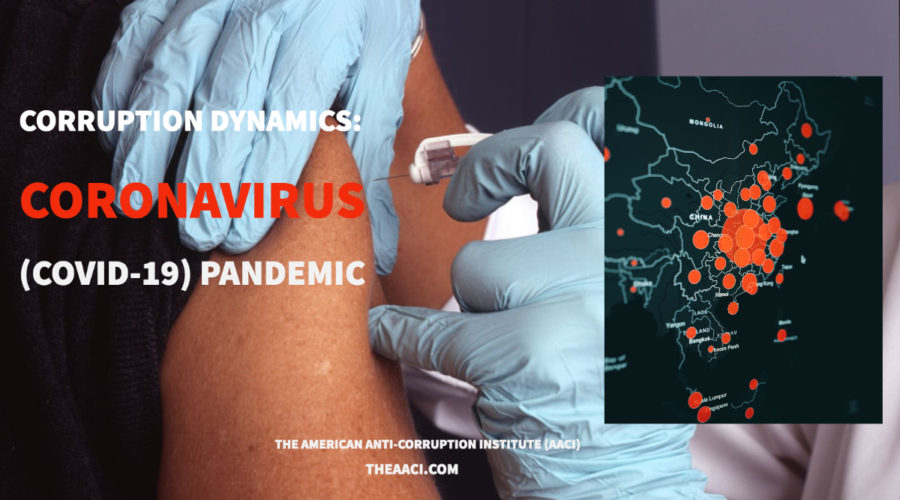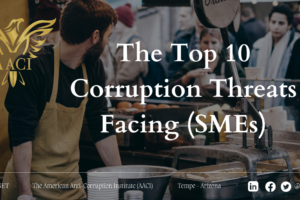April 5, 2020
Technical staff

The Coronavirus pandemic is unprecedented in human history. Therefore, its implications on the fight against corruption shall be unusual as well. Unfortunately, the ultimate price of corruption under the era of Corona is expressed in terms of people’s lives. When the Red Cross fought the Ebola disease, “the virus’s rampage was being compounded by a silent killer—corruption. The Red Cross has since estimated that over $6 million of its assistance was lost to fake customs bills, overbilled supplies, and payments to non-existent workers. [note] Read more https://carnegieendowment.org/2020/03/20/coronavirus-meets-corruption-recommendations-for-u.s.-leadership-pub-81334 [/note]
As of today, March 31, 2020, the Coronavirus deaths are more in developed countries than those of developing countries. The healthcare sector failures in many countries are due to overcapacity and lack of healthcare supplies, equipment, and staff. Corruption shall exacerbate and compound developing countries’ healthcare system failures.
Fake invoices, fake drugs, overbilling, money laundering, and bid-rigging are examples of corruption schemes that flourish during the Coronavirus pandemic. Money laundering risks are higher than usual under the current pandemic crisis.
The primary responsibility of the international community, the World Health Organization (WHO), and the donor community is to hold the recipients of donations accountable. In many countries where corruption is rampant, corruption in the healthcare sector increases, and Coronavirus fatalities soars. We urge all governments to stay vigilant and deter, prevent, detect and prosecute corruption.











































